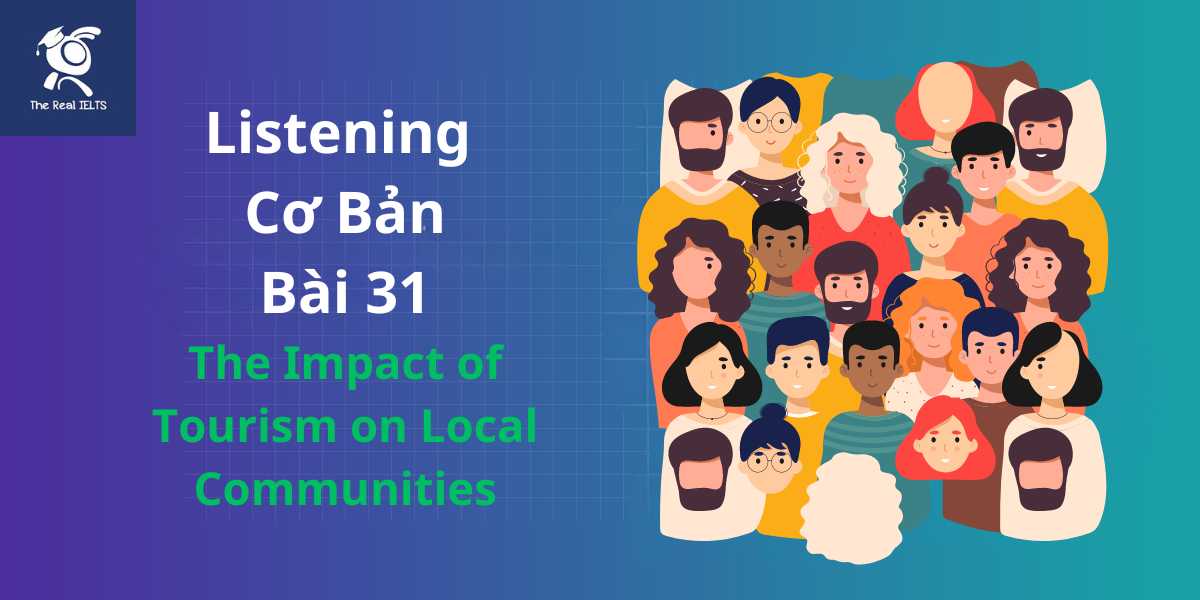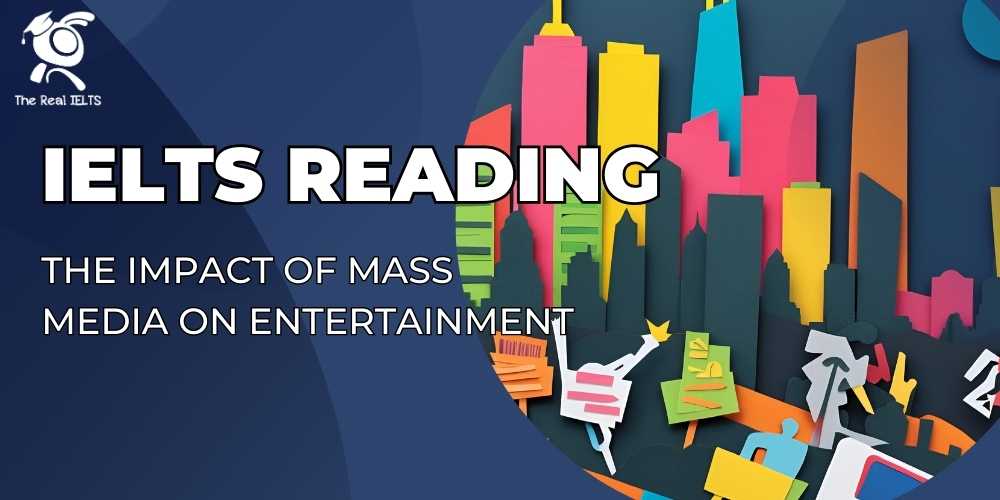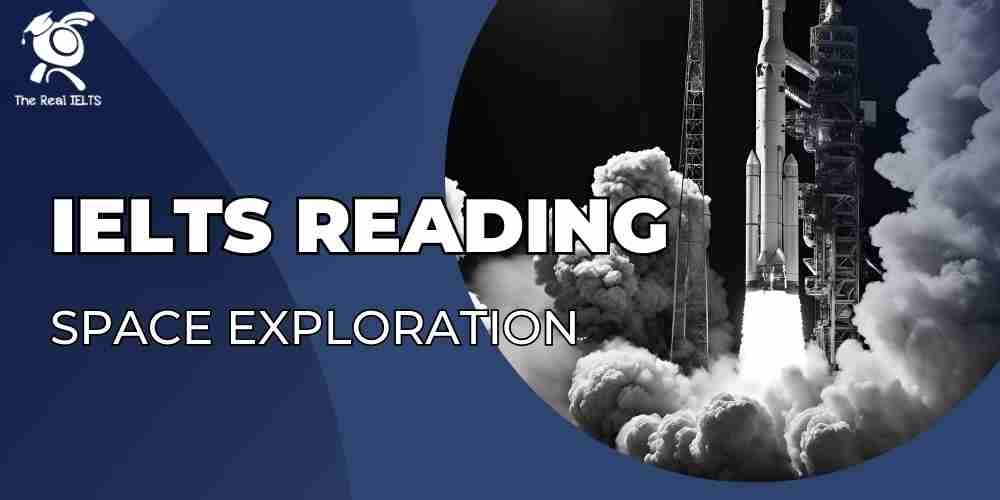Đề thi IELTS Reading có tiêu đề “The Role of NGOs in International Development”
Nhớ đọc thêm các bài luyện thi IELTS nhé.
IELTS Reading:”The Role of NGOs in International Development“
The Role of NGOs in International Development
Non-Governmental Organizations (NGOs) have emerged as crucial players in the field of international development over the past few decades. Their roles have expanded from merely providing aid in times of crisis to encompassing a broader spectrum of activities aimed at sustainable development, poverty reduction, human rights advocacy, and social justice. NGOs operate in a unique space, often bridging the gap between local communities and international actors, including governments, intergovernmental organizations, and private sector entities. Their ability to work at both grassroots and global levels enables them to play a pivotal role in shaping development policies and practices across the world.
One of the most significant roles that NGOs play in international development is in the delivery of humanitarian aid. In times of natural disasters, conflicts, or pandemics, NGOs are often among the first responders. Their agility, local knowledge, and established networks allow them to act swiftly, delivering food, shelter, medical supplies, and other essential services to affected populations. Organizations like Médecins Sans Frontières (Doctors Without Borders) and the International Red Cross are prime examples of NGOs that provide critical, life-saving services in some of the most challenging environments. However, their role is not limited to immediate relief; many NGOs also engage in long-term rehabilitation and reconstruction efforts, helping communities rebuild their lives and livelihoods after the crisis has passed.
Beyond emergency response, NGOs are heavily involved in development programs aimed at tackling the root causes of poverty and inequality. They implement projects in various sectors, such as education, healthcare, agriculture, and infrastructure development. These projects are often designed with a focus on sustainability, ensuring that communities can maintain and build upon the progress made long after the NGO’s involvement ends. For instance, NGOs like Oxfam and CARE International run programs that empower local communities by providing education, vocational training, and access to microfinance, thereby helping individuals to achieve economic independence and improve their quality of life.
Another critical aspect of NGOs’ work in international development is advocacy. NGOs often serve as the voice of marginalized and vulnerable populations, bringing attention to issues that may be overlooked or ignored by governments and international bodies. Through research, campaigns, and lobbying, NGOs can influence public opinion and policy at both national and international levels. For example, Amnesty International and Human Rights Watch have been instrumental in highlighting human rights abuses around the world, pushing for legislative changes, and holding governments accountable. Their advocacy work is essential in creating a more equitable and just global society.
In addition to advocacy, NGOs play a vital role in capacity building. They work to strengthen the capabilities of local organizations, governments, and communities to manage and sustain their own development. This is done through training, technical assistance, and the sharing of best practices. By building local capacity, NGOs help to ensure that development efforts are not only more effective but also more sustainable. This approach fosters a sense of ownership among local stakeholders, which is crucial for the long-term success of any development initiative.
Moreover, NGOs often act as intermediaries between international donors and local communities. They can channel resources from international organizations and governments to where they are most needed, ensuring that aid reaches the intended beneficiaries. NGOs also play a key role in monitoring and evaluating development projects, providing critical feedback to donors and implementing partners, which helps to improve the effectiveness of aid and development programs.
However, the role of NGOs in international development is not without its challenges and criticisms. One of the main criticisms is that NGOs, particularly those that are foreign-based, may impose external values and solutions that are not always aligned with the needs or desires of local communities. This can lead to a dependency on foreign aid and undermine local initiatives. Additionally, the competition for funding among NGOs can sometimes lead to a duplication of efforts, inefficiencies, and a lack of coordination, which can ultimately hamper development outcomes.
Another challenge faced by NGOs is the complex and often volatile environments in which they operate. In conflict zones or areas with weak governance, NGOs may face significant security risks, political pressures, and logistical challenges. These factors can limit their ability to operate effectively and achieve their development objectives. Furthermore, the increasing scrutiny of NGOs, particularly regarding transparency, accountability, and the impact of their programs, has led to greater demands for evidence-based approaches and results-oriented interventions. This shift towards greater accountability is necessary but also adds to the operational burden of NGOs, which often operate with limited resources.
Despite these challenges, NGOs continue to play a critical role in international development. Their ability to work at multiple levels, from local to global, and their commitment to social justice, human rights, and sustainable development make them indispensable actors in the international development landscape. As the world faces increasingly complex and interconnected challenges, such as climate change, global health crises, and growing inequalities, the role of NGOs is likely to become even more significant. By continuing to adapt, innovate, and collaborate with other stakeholders, NGOs can help to shape a more inclusive, equitable, and sustainable future for all.
In conclusion, NGOs are vital to international development, providing humanitarian aid, implementing development projects, advocating for social justice, building local capacities, and acting as intermediaries between donors and communities. While they face numerous challenges, their contributions are essential in addressing the multifaceted issues that characterize the global development agenda. As the landscape of international development continues to evolve, the role of NGOs will remain central to efforts to create a more just and sustainable world.
Đề bài thi IELTS Reading
1. Multiple Choice (Câu hỏi trắc nghiệm)
- What is the primary role of NGOs in times of crisis?
- A) To monitor government actions
- B) To deliver humanitarian aid
- C) To fund local businesses
- D) To provide education to local communities
- Which of the following is NOT a sector in which NGOs are heavily involved?
- A) Education
- B) Healthcare
- C) Transportation
- D) Agriculture
- How do NGOs influence public opinion and policy?
- A) Through direct governmental actions
- B) By providing loans to communities
- C) By conducting research and lobbying
- D) By building schools and hospitals
- What is a challenge faced by NGOs in conflict zones?
- A) Lack of volunteers
- B) High operational costs
- C) Security risks
- D) Insufficient government support
- Which of the following organizations is mentioned as providing critical, life-saving services?
- A) World Bank
- B) Médecins Sans Frontières
- C) UNICEF
- D) WHO
- What role do NGOs play in capacity building?
- A) They create new governments.
- B) They provide loans to local businesses.
- C) They strengthen local capabilities.
- D) They manage international trade.
- What criticism is mentioned about foreign-based NGOs?
- A) They often lack funding.
- B) They may impose external values on local communities.
- C) They focus too much on local issues.
- D) They rarely coordinate with governments.
- NGOs act as intermediaries between:
- A) Governments and private companies.
- B) Donors and local communities.
- C) International banks and governments.
- D) Local businesses and international markets.
- What is an essential approach for the success of development initiatives?
- A) Government intervention
- B) High levels of international funding
- C) Local ownership
- D) Foreign leadership
- What is the reason for the increasing demands for evidence-based approaches by NGOs?
- A) They have too much funding.
- B) To ensure greater transparency and accountability.
- C) To reduce operational costs.
- D) To gain more government support.
2. True/False/Not Given (Xác định thông tin có đúng, sai hoặc không được đề cập)
- NGOs only work during emergency situations.
- True / False / Not Given
- NGOs have successfully eradicated poverty in many developing countries.
- True / False / Not Given
- NGOs are often the first responders during natural disasters.
- True / False / Not Given
- Local communities usually maintain and build upon the progress made by NGOs.
- True / False / Not Given
- Foreign NGOs always align their solutions with local community needs.
- True / False / Not Given
- NGOs never face any challenges in conflict zones.
- True / False / Not Given
- NGOs are only accountable to their donors.
- True / False / Not Given
- Some NGOs help to improve healthcare access in underdeveloped areas.
- True / False / Not Given
- NGOs have no role in shaping international development policies.
- True / False / Not Given
- The competition for funding among NGOs can lead to inefficiencies.
- True / False / Not Given
3. Yes/No/Not Given (Xác định ý kiến của tác giả)
- The author believes that NGOs are crucial in achieving sustainable development.
- Yes / No / Not Given
- The author thinks that the competition among NGOs is beneficial.
- Yes / No / Not Given
- The author suggests that NGOs need more governmental oversight.
- Yes / No / Not Given
- The author supports the idea of local ownership in development initiatives.
- Yes / No / Not Given
- The author implies that NGOs should avoid working in conflict zones.
- Yes / No / Not Given
4. Matching Information (Nối thông tin với đoạn văn)
- Match the following roles with the correct paragraph:
- A) Humanitarian aid delivery
- B) Advocacy and policy influence
- C) Capacity building
- D) Challenges and criticisms of NGOs
5. Matching Headings (Nối tiêu đề với đoạn văn)
- Match the following headings with the correct paragraph:
- A) “The Emerging Role of NGOs in Sustainable Development”
- B) “NGOs and the Challenges of Working in Conflict Zones”
- C) “The Importance of Advocacy in International Development”
- D) “Building Local Capacities for Long-term Success”
6. Matching Features (Nối đặc điểm với tổ chức hoặc khái niệm cụ thể)
- Match the following features with the corresponding NGOs or concepts:
- A) Médecins Sans Frontières
- B) Oxfam
- C) Amnesty International
- D) Capacity building
- Focuses on empowering communities through education and vocational training.
- Provides medical assistance in emergencies and conflict zones.
- Advocates for human rights and legislative changes.
- Strengthens local organizations through training and technical assistance.
7. Matching Sentence Endings (Nối phần kết câu)
- NGOs are able to deliver aid quickly because…
- A) they have strong relationships with governments.
- B) they are funded by international organizations.
- C) they have established networks and local knowledge.
- D) they are not subject to any regulations.
- NGOs are criticized for imposing external values because…
- A) they do not understand local customs.
- B) they receive funding from foreign governments.
- C) they often do not align with local needs.
- D) they work closely with the private sector.
- Greater accountability demands on NGOs have led to…
- A) reduced operational efficiency.
- B) an increase in evidence-based approaches.
- C) less funding from donors.
- D) more challenges in conflict zones.
8. Sentence Completion (Hoàn thành câu)
- NGOs often act as intermediaries between __________ and local communities.
- The long-term success of development initiatives is dependent on __________ among local stakeholders.
- One of the main roles of NGOs in international development is __________ for marginalized populations.
- In conflict zones, NGOs may face significant __________, which can limit their effectiveness.
- The ability of NGOs to work at multiple levels allows them to __________ in international development.
Đáp án bài thi IELTS Reading
1. Multiple Choice (Câu hỏi trắc nghiệm)
- B) To deliver humanitarian aid
- C) Transportation
- C) By conducting research and lobbying
- C) Security risks
- B) Médecins Sans Frontières
- C) They strengthen local capabilities
- B) They may impose external values on local communities
- B) Donors and local communities
- C) Local ownership
- B) To ensure greater transparency and accountability
2. True/False/Not Given (Xác định thông tin có đúng, sai hoặc không được đề cập)
- False (NGOs do more than just work during emergencies; they are involved in long-term development.)
- Not Given (The passage does not state that NGOs have eradicated poverty.)
- True (The passage mentions that NGOs are often among the first responders.)
- True (The passage indicates that NGOs focus on sustainability to allow local communities to maintain progress.)
- False (The passage suggests that foreign NGOs may not always align with local needs.)
- False (The passage mentions that NGOs face significant challenges in conflict zones.)
- False (NGOs are accountable to multiple stakeholders, not just donors.)
- True (The passage mentions that NGOs are involved in healthcare.)
- False (The passage states that NGOs do shape international development policies.)
- True (The passage mentions that competition for funding can lead to inefficiencies.)
3. Yes/No/Not Given (Xác định ý kiến của tác giả)
- Yes (The author believes that NGOs are crucial in sustainable development.)
- No (The passage suggests that competition among NGOs can lead to inefficiencies, not that it is beneficial.)
- Not Given (The passage does not suggest the need for more governmental oversight of NGOs.)
- Yes (The author supports the idea of local ownership in development initiatives.)
- No (The author does not imply that NGOs should avoid conflict zones; rather, they face challenges there.)
4. Matching Information (Nối thông tin với đoạn văn)
- A) Humanitarian aid delivery → Paragraph 2
- B) Advocacy and policy influence → Paragraph 4
- C) Capacity building → Paragraph 5
- D) Challenges and criticisms of NGOs → Paragraph 8
5. Matching Headings (Nối tiêu đề với đoạn văn)
- A) “The Emerging Role of NGOs in Sustainable Development” → Paragraph 3
- B) “NGOs and the Challenges of Working in Conflict Zones” → Paragraph 8
- C) “The Importance of Advocacy in International Development” → Paragraph 4
- D) “Building Local Capacities for Long-term Success” → Paragraph 5
6. Matching Features (Nối đặc điểm với tổ chức hoặc khái niệm cụ thể)
28-32:
- A) Médecins Sans Frontières → 30. Provides medical assistance in emergencies and conflict zones.
- B) Oxfam → 29. Focuses on empowering communities through education and vocational training.
- C) Amnesty International → 31. Advocates for human rights and legislative changes.
- D) Capacity building → 32. Strengthens local organizations through training and technical assistance.
7. Matching Sentence Endings (Nối phần kết câu)
- C) they have established networks and local knowledge.
- C) they often do not align with local needs.
- B) an increase in evidence-based approaches.
8. Sentence Completion (Hoàn thành câu)
- NGOs often act as intermediaries between donors and local communities.
- The long-term success of development initiatives is dependent on ownership among local stakeholders.
- One of the main roles of NGOs in international development is advocacy for marginalized populations.
- In conflict zones, NGOs may face significant security risks, which can limit their effectiveness.
- The ability of NGOs to work at multiple levels allows them to play a pivotal role in international development.
Luyện tập bài khác ở bài viết:”100 bài luyện IELTS Reading 2024 – 2025“















